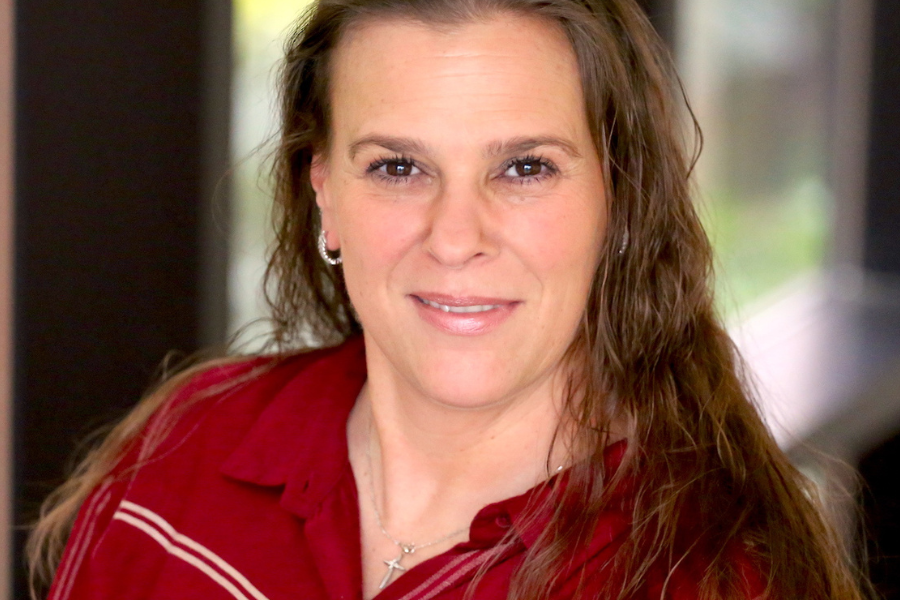Erika Fundelius

"Anyone who keeps learning stays young"
College: Education
Degree Program: Special Education
Degree: Doctorate
Why FSU?
It offers a hands-on experience of working with researchers side by side with a comprehensive course load. I wanted an opportunity to study with Dr. Sandra Lewis who is one of the leaders in visual disabilities and teacher preparation for the field. I met with Dr. Lewis at two different conferences before I decided to apply to the Visual Disabilities Program. I did not regret it. As Albert Einstein said, "Intellectual growth should commence at birth and cease only at death."
Motivation to pursue a graduate degree
Once I happened upon the field of visual disabilities during my undergraduate studies, I began attending conferences while volunteering in the community. As I progressed in my masters program and began working as a teacher of students with visual impairments (TVI) I realized that most of our books and research is just outdated. I felt that through my personal experiences—over twenty years in education and regular volunteering with organizations—and my curiosity, I might be able to make meaningful contributions to elevate post-secondary outcomes for our students with visual impairments.
Importance and/or impact of research and work
My dissertation is part of a mixed methods project, a survey and teacher interviews. Self-determination has been proven to be a needed area of instruction that research has proved makes a difference for students with disabilities. Self-determination was added as an area of necessary instruction for students with visual disabilities in 2003. Agran and colleagues (2007) completed a survey of teachers of students with visual disabilities and found that the importance of this area has not yet been elevated within the practice of teachers. I recreated the survey and was able to survey 360 teachers nationally. As I completed the interviews and analyzed the data, I found that we still have work to do. Another area of my scholarship is on consent. People with disabilities often get physically engaged (touched) in the name of support without their consent. According to statistics by the Department of Justice, people with disabilities get victimized at much higher rates than other people (Harrell, 2021) and often by those they know (McQuade, 2013). I devised a five-step protocol promoting consent-seeking behaviors on part of educators and caregivers. I am in the process of seeking IRB approval to run a pilot locally, and recently submitted an article for publication. Ultimately, I hope to reduce the rate of victimization of people with disabilities by teaching students to retain their personal and bodily autonomies.
Career aspirations
I am passionate about the preparation of excellent teachers, and henceforth I look forward to instructing future educators. I also believe that only research moves knowledge, and I hope to find an academic position where I can teach and also continue finding answers to the many questions I still have.
Advice for anyone considering graduate school
Seek out a community of practice (CoP) and a social community. Even though I am a very nontraditional student, I found great value in finding people who support me both in my profession and development, as well as forcing me to be social. The PhD process can become very lonely. #PhDLife #AcademicTwitter
Accomplishments during graduate career
I am proud to have received the CEC-DVIDB Research Grant in 2021.
